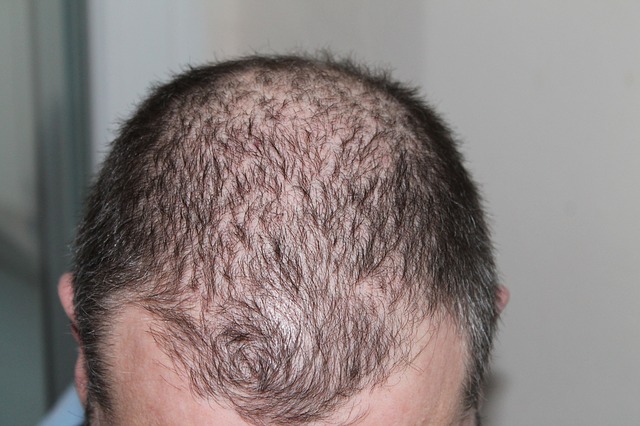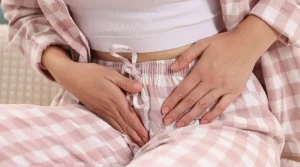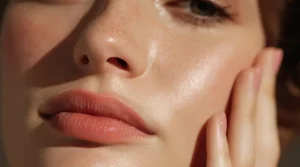You have lately begun to notice a little more hair than usual going down the drain of your shower. You might have also noticed that you see patches of your scalp when getting dressed for work. You’re losing your hair, slowly but surely. What causes hair to become thin? Can you prevent it? What are possible treatments, and should you even attempt to hinder your fate?
Symptoms of Losing Hair
Alopecia is the medical term for the loss of hair, and it is typically a gradual process. Naturally losing one’s hair is most common in men; however, women can be affected by thinning hair as well.
One of the first symptoms of losing one’s hair is a gradual thinning of hair on the top of your head. It tends to occur with age, but some people begin to notice thinning hair as young as twenty or twenty-one. Women with thinning hair typically see a broadening of their part, while men tend to see their hairline (at the forehead) recede.
Some may notice circular bald spots on their heads. Some may see patchy bald spots. One symptom that doesn’t get much attention is the fact that these areas may tend to itch before the hair falls out.
Rarely, there will be those who lose hair due to trauma. This is a sudden loss of hair, and hair may come out in handfuls. The good news is that when hair comes out in this fashion, it will likely come back on its own.
Causes of Losing One’s Hair
Everyone has normal hair shedding; in fact, the average person loses 50 – 100 hairs every day. This isn’t very noticeable, and you won’t see bald patches or a receding hairline as a result of this normal loss of hair.
The most common culprit of thinning or losing hair is heredity. This type of hair loss comes with aging. It can occur in both men and women, but it is more typical in men.
Hormonal changes, as well as medical conditions, can also contribute to the loss of hair. Women tend to have hair loss that is associated with pregnancy, menopause, thyroid problems, and even the act of giving birth. Alopecia areata is a medical condition related to the immune system and can cause loss of hair in both men and women.
Medications and stress can also cause one to lose hair.
The Effects of Losing One’s Hair
Everyone reacts to the loss of their hair differently. Some men will seek treatments such as surgery or hair growth prescriptions. Some men will embrace their loss, shave their heads, and carry on with life. Some men wear hats or caps as often as possible.
Women tend to react a little differently to losing hair. Some women will seek treatment or choose to wear a wig. Some women will utilize turbans or hats to hide hair loss.
Both men and women can become depressed over the loss of hair. However, some individuals will take it as a part of growing older, and they will find a way to cope (hats, wigs, etc.).
Losing hair is not always preventable, and today, people have many more treatment options than ever before.






